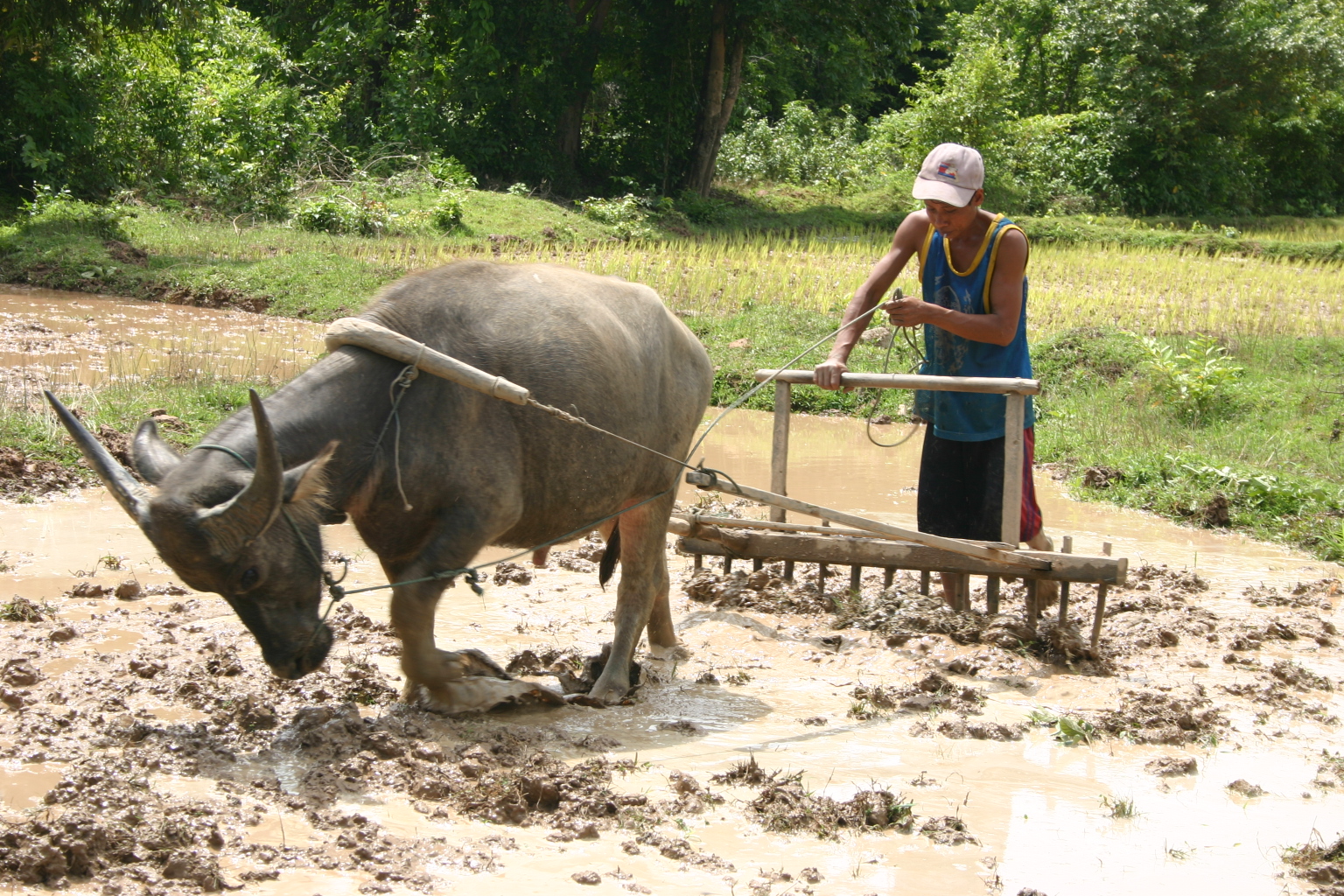traditional economy on:
[Wikipedia]
[Google]
[Amazon]
 A traditional economic system is based on customs, history and time-honored beliefs. A traditional economy is an economic system in which traditions, customs, and beliefs help shape the goods and services the economy produces, as well as the rule and manner of their distribution. Countries that use this type of economic system are often rural and farm-based. Also known as a
A traditional economic system is based on customs, history and time-honored beliefs. A traditional economy is an economic system in which traditions, customs, and beliefs help shape the goods and services the economy produces, as well as the rule and manner of their distribution. Countries that use this type of economic system are often rural and farm-based. Also known as a
CIA Factbook
). Traditional economies may be based on custom and tradition, with economic decisions based on customs or beliefs of the community, family, clan, or tribe.
subsistence economy
A subsistence economy is an economy directed to basic subsistence (the provision of food, clothing, shelter) rather than to the market. Henceforth, "subsistence" is understood as supporting oneself at a minimum level. Often, the subsistence econo ...
, a traditional economy is defined by barter
In trade, barter (derived from ''baretor'') is a system of exchange in which participants in a transaction directly exchange goods or services for other goods or services without using a medium of exchange, such as money. Economists disti ...
ing and trading. A little surplus is produced and if any excess goods are made, they are typically given to a ruling authority or landowner.
A pure traditional economy has had no changes in how it operates (there are few of these today). Examples of these traditional economies include those of the Inuit
Inuit (; iu, ᐃᓄᐃᑦ 'the people', singular: Inuk, , dual: Inuuk, ) are a group of culturally similar indigenous peoples inhabiting the Arctic and subarctic regions of Greenland, Labrador, Quebec, Nunavut, the Northwest Territories ...
or those of the tea plantations in South India
South India, also known as Dakshina Bharata or Peninsular India, consists of the peninsular southern part of India. It encompasses the Indian states of Andhra Pradesh, Karnataka, Kerala, Tamil Nadu, and Telangana, as well as the union territ ...
. Traditional economies are popularly conceived of as "primitive" or "undeveloped" economic systems, having tools or techniques seen as outdated. As with the notion of contemporary primitiveness and with modernity itself, the view that traditional economies are backward is not shared by scholars in economics
Economics () is the social science that studies the production, distribution, and consumption of goods and services.
Economics focuses on the behaviour and interactions of economic agents and how economies work. Microeconomics analyzes ...
and anthropology
Anthropology is the scientific study of humanity, concerned with human behavior, human biology, cultures, societies, and linguistics, in both the present and past, including past human species. Social anthropology studies patterns of be ...
. Two current examples of a traditional or custom based economy are Bhutan
Bhutan (; dz, འབྲུག་ཡུལ་, Druk Yul ), officially the Kingdom of Bhutan,), is a landlocked country in South Asia. It is situated in the Eastern Himalayas, between China in the north and India in the south. A mountainou ...
and Haiti (Haiti is not a traditional economy according tCIA Factbook
). Traditional economies may be based on custom and tradition, with economic decisions based on customs or beliefs of the community, family, clan, or tribe.
See also
* Agricultural economics *Manorialism
Manorialism, also known as the manor system or manorial system, was the method of land ownership (or "tenure") in parts of Europe, notably France and later England, during the Middle Ages. Its defining features included a large, sometimes forti ...
* Subsistence agriculture
References
Economic systems {{econ-system-stub